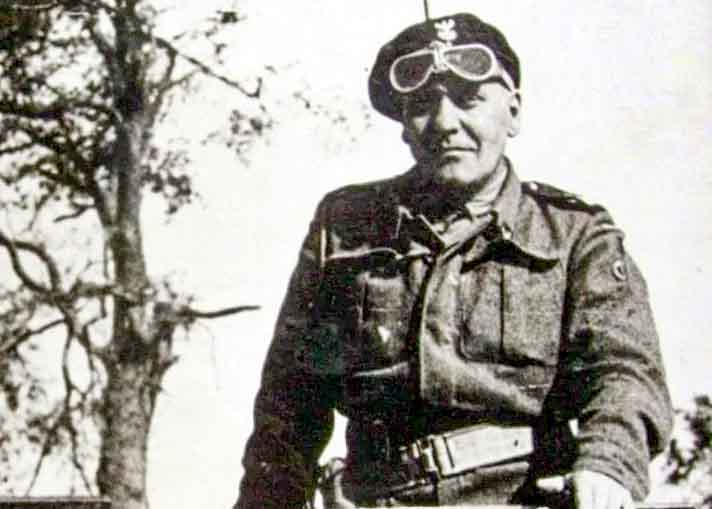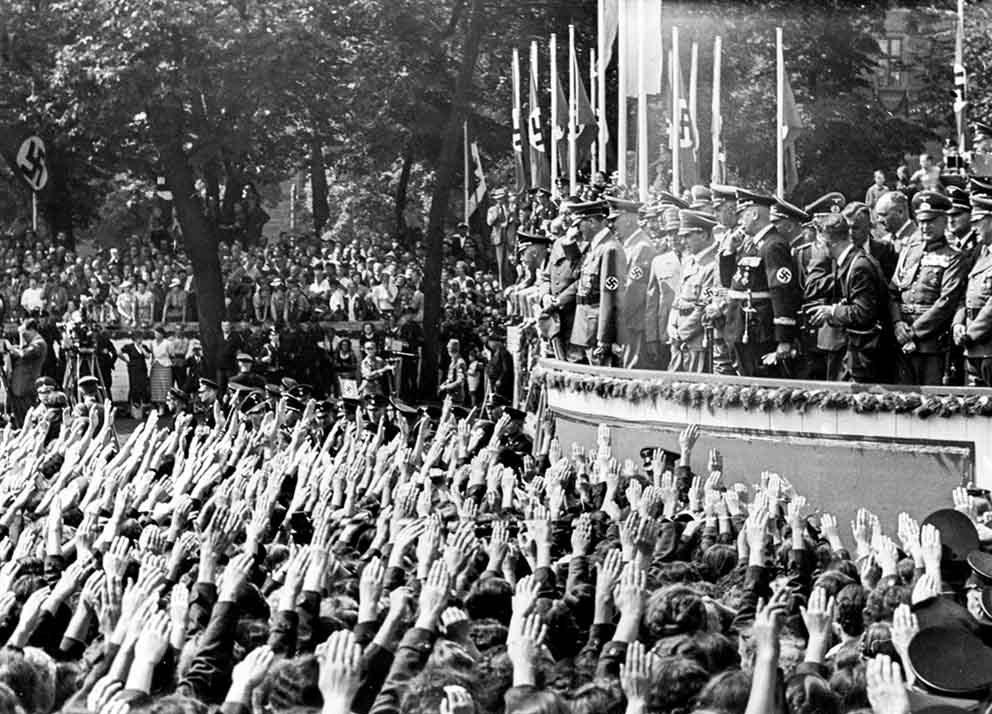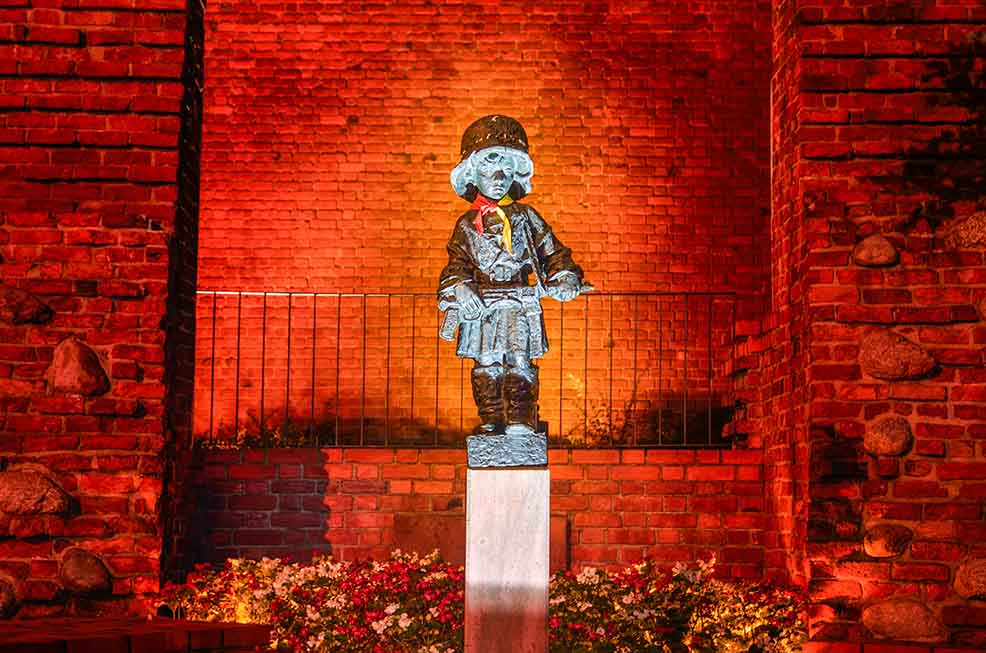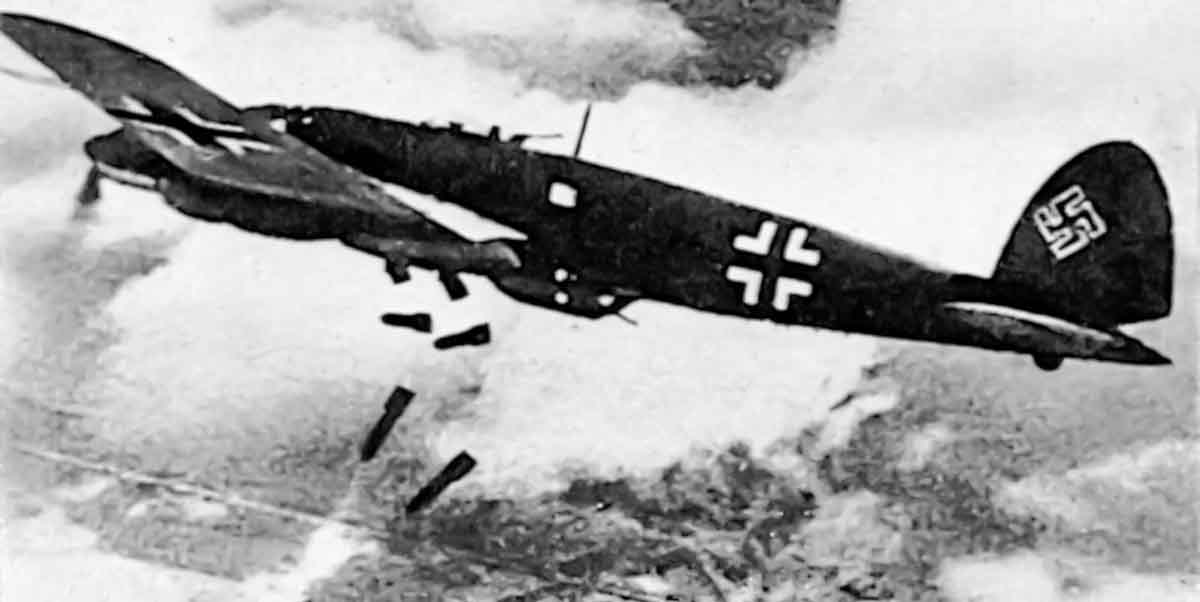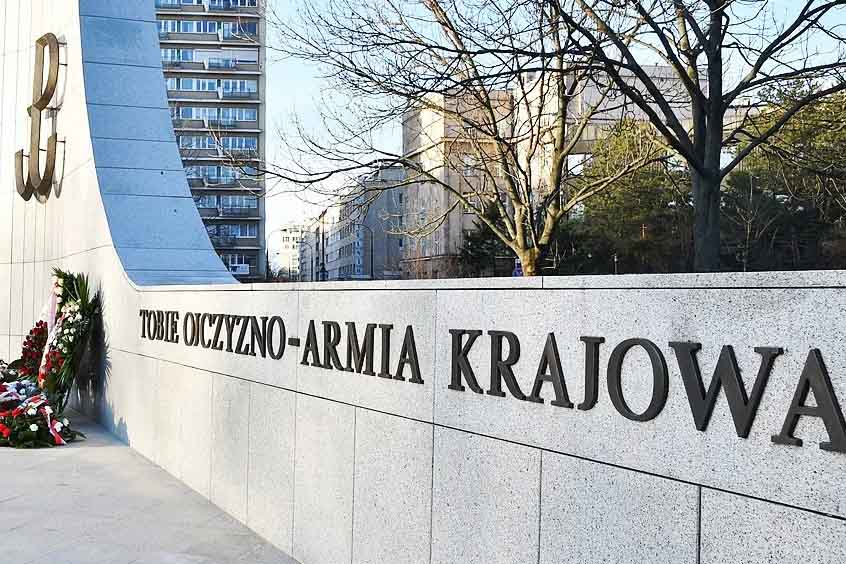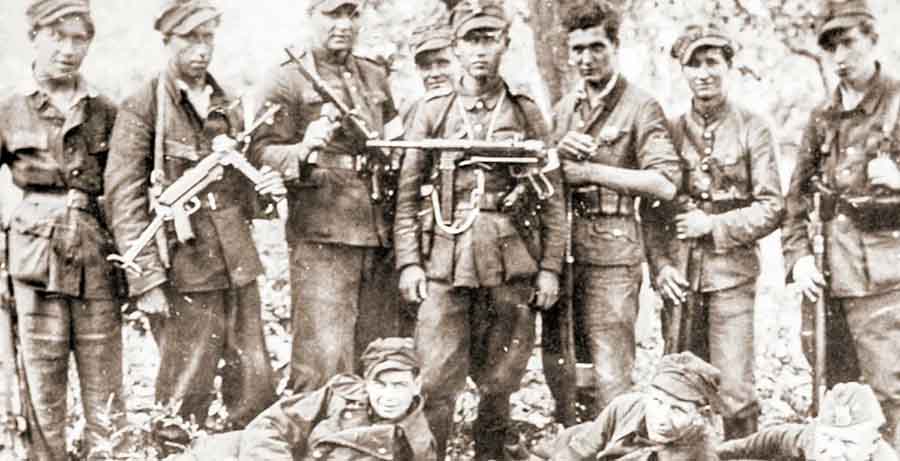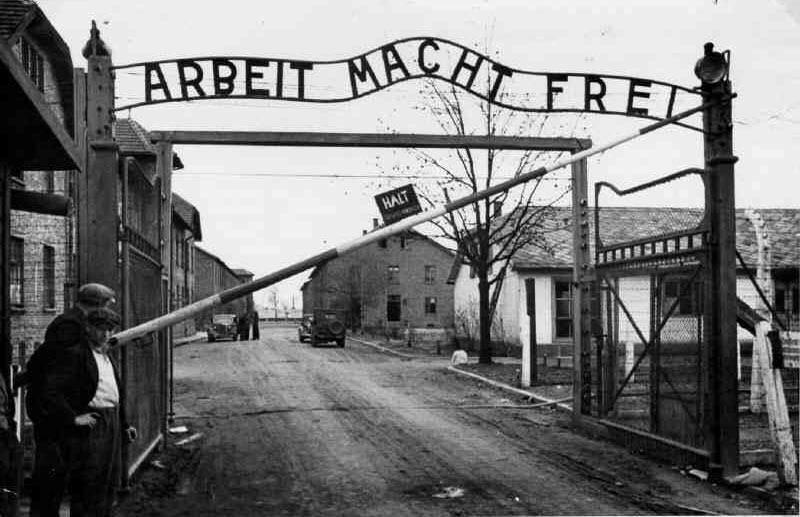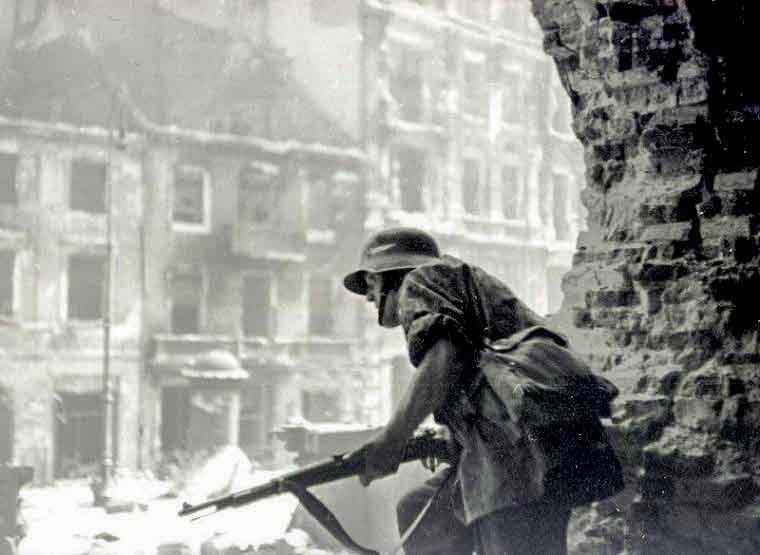The Silent Unseen (pol. Cichociemni) were the elite of the Polish Armed Forces, designated for special tasks. They were among the best trained soldiers in the ranks of the Allies during World War II. 84 years ago, on the night of February 15-16, 1941, the first airdrop of Cichociemni on the territory of occupied Poland took place.
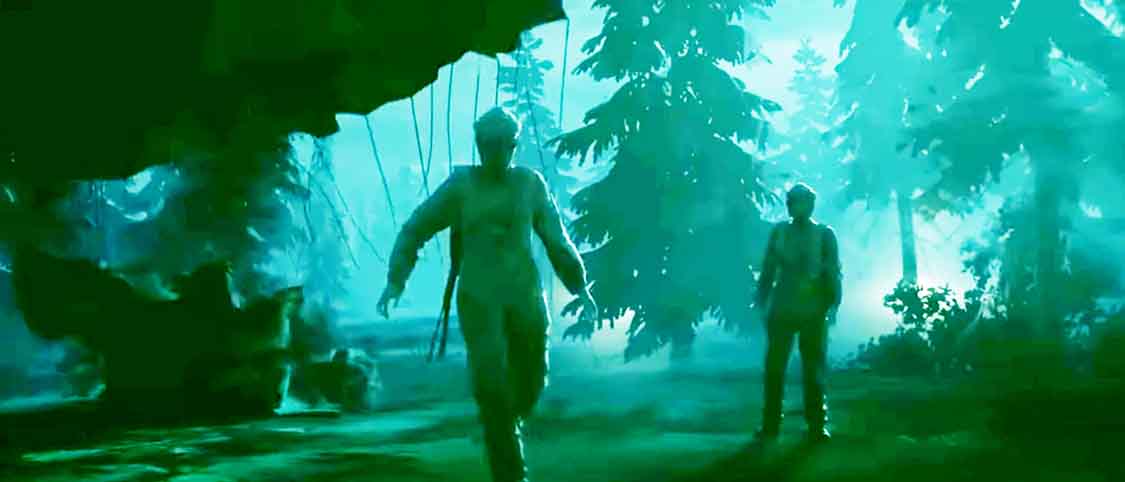
Source: DlaPolonii.pl
From 1940, in Great Britain, where the Polish Government in exile and the supreme command of the Polish Armed Forces in the West were located, recruitment was carried out and training was organised for soldiers who were to be transferred by air to the territory of occupied Poland to support the activities of the Union of Armed Struggle (ZWZ, Związek Walki Zbrojnej) and, from 1942, the Home Army (AK, Armia Krajowa).
The Cichociemni were not a cohesive formation or military unit – they did not have their own uniforms, colors or banner. They were a group of top-class specialists in sabotage, underground fighting, communications, intelligence operations, armored, mechanized and air forces, as well as staff work and command of ZWZ and later AK units – although individual Cichociemni had their own specializations, not everyone was an expert in all of the above fields.
As Krzysztof A. Tochman, author of the book published by the Institute of National Remembrance “Cichociemni 1941–1945. On the 80th Anniversary of the Combat Jump into Poland” writes, the recruitment of suitable people was handled by Department VI (Special) of the Commander-in-Chief’s Staff.
They were looking for young volunteers, in good physical condition, intelligent, enterprising, disciplined, aware of risk, able to keep a secret, and therefore tough, brave, including the proverbial “brawlers”, but with high morale. Staff officers were also necessary, even of advanced age. The future Cichociemni had to meet such requirements.”
In order to cope with the tasks entrusted to the Cichociemni, a comprehensive, murderous training based on the latest data and experiences from the front and information on the situation in Poland was prepared. Thanks to it, the Cichociemni trained, for example, for sabotage or conspiracy, were masters at using various types of weapons, were able to fight hand-to-hand, and also survive in the field in the harshest conditions. Only 605 carefully selected volunteers completed the Cichociemni training course. Even fewer, 579, were qualified for a parachute jump on Polish territory, and only 316 were ultimately sent to the country.
The first jumps of the Cichociemni over the country took place on the night of 15-16 February 1941, when three paratroopers jumped from a Whitley aircraft and were to land at a receiving facility located between Włoszczowa and Kobyla Wieś. Unfortunately, due to navigation errors and the English crew's lack of knowledge of the topography of Polish territories, the drop took place 138 km from the monitoring facility, near the village of Dębowiec, 6 km northwest of the Skoczów railway station, in an area annexed to the Third Reich. After many adventures, the paratroopers reached Warsaw after all.
The motto of the Cichociemni was: "Fight for Her freedom or die." And indeed, as many as one hundred and two Cichociemni died during World War II, 18 of whom died in the Warsaw Uprising. After the war, they were repressed by the communists.
As Krzysztof Tochman lists,
Ten of them were convicted by the courts of the People's Republic of Poland and murdered in accordance with the communist, Soviet law, and those who remained in the country after the so-called liberation, survived harassment or regime imprisonment and deportation to Soviet gulags. Almost 40 succumbed to pressure, and in many cases blackmail, in the new post-war communist reality, agreeing to be recruited by the regime's special services (UB/SB, Military Information), and thus helping to persecute their colleagues and even friends.
Several dozen Cichociemni, while in exile, never returned to the country controlled by the Soviet military. So they never saw the homeland they fought for.
That's not all, because
in the times of the Polish People's Republic (1944–1989), attempts were made to erase the memory of the Cichociemni from the pages of history and the history of Polish arms. It was only after 1990 that both the state authorities and numerous social and local government entities began to commemorate the history of this forgotten formation and the fates of individual paratroopers.
The elite GROM Military Unit received the name of the Silent Unseen Paratroopers of the Home Army in the mid-1990s. In 2013, a monument to the Silent Unseen Paratroopers of the Home Army was erected near the building of the Sejm [the Parliament] of the Republic of Poland.
The names of individual members of this extraordinary formation began to be given to scout schools and units, documentaries were made about them, and their stories were featured in popular feature productions, such as the series Time of Honor (Czas Honoru).
Preserving the memory of the Silent and Unseen is the task for all of us today.
Translation from Polish by Andrew Wozniewicz.







